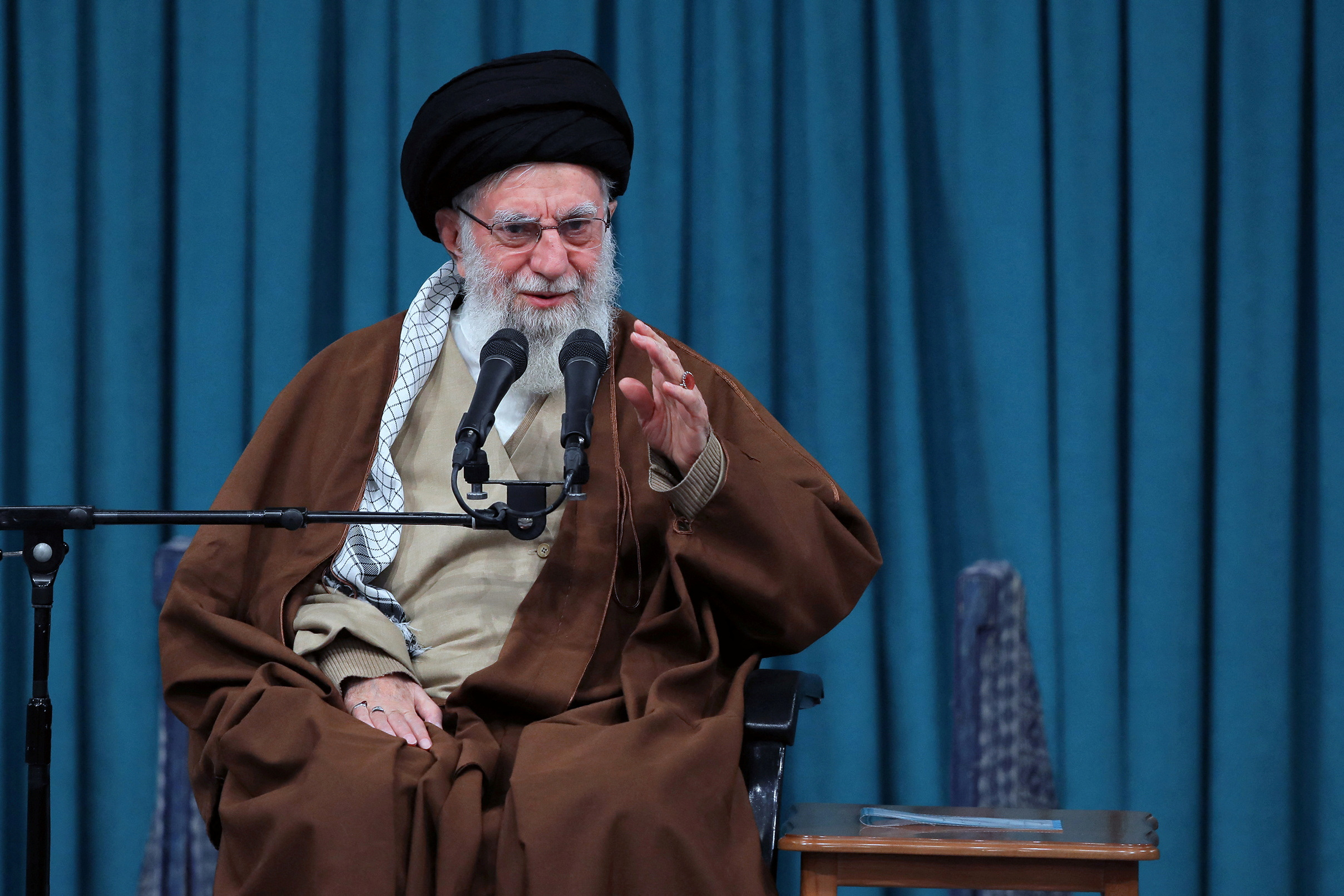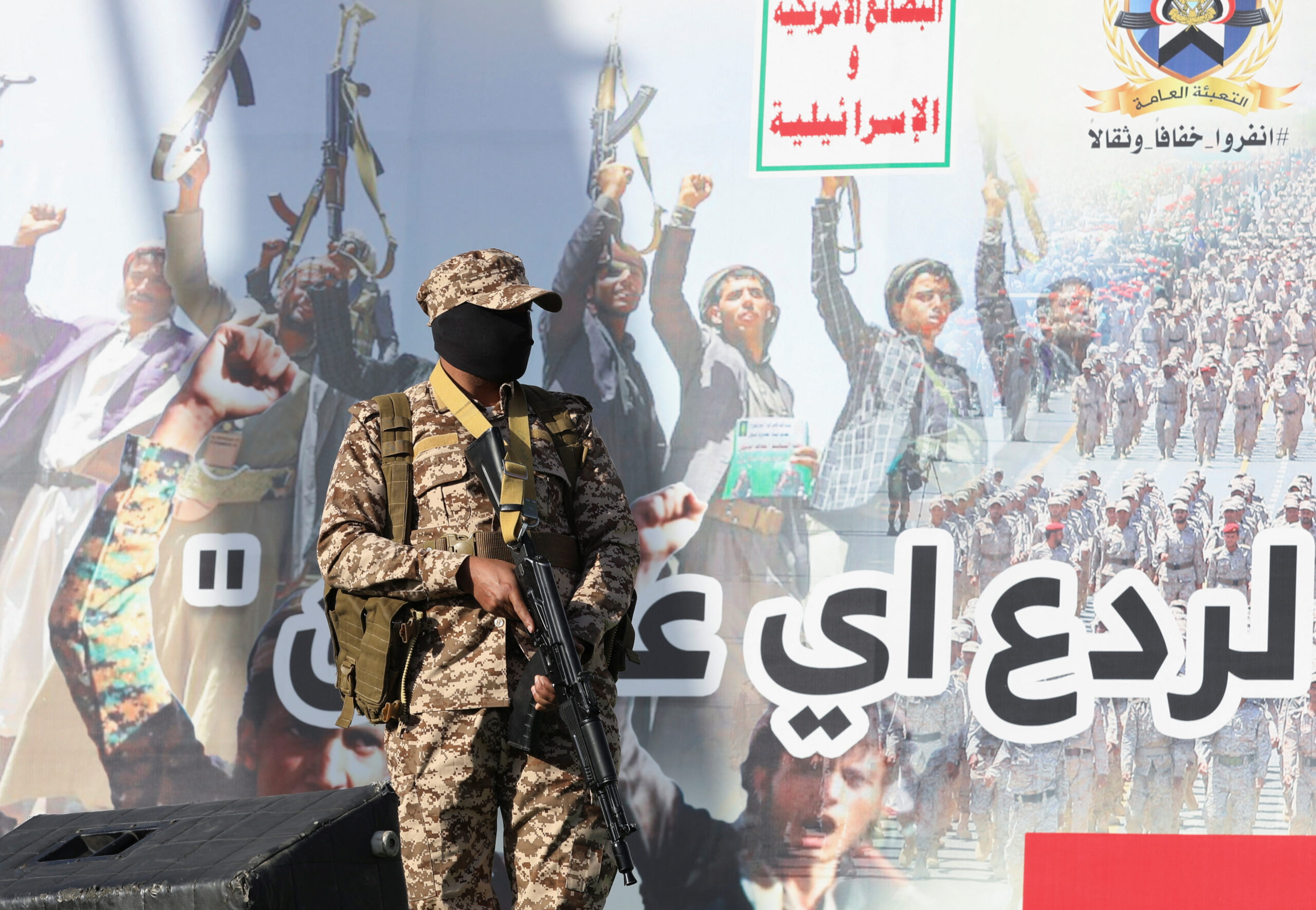Security
Jan 7, 2025
Militarized Nationalism: Oman’s Military Discipline Program
Oman’s Military Discipline Program uses military codes to promote top-down objectives, such as strengthening social cohesion, responsibility, and a sense of national belonging among young Omanis.

Jan 6, 2025
Iran’s Options Narrowing Rapidly
With nearly all its obvious national security pathways closed, Iran might be left with no option other than to turn inward toward addressing its domestic strains while seeking de-escalation with adversaries and downplaying its drive for regional influence.

Jan 2, 2025
The Struggle for Syria
The flurry of diplomatic activity and the leadership’s announcement of an extended timeline for holding elections signal a prolonged, difficult transition for Syria, with complex internal jousting for power also shaped by external influence.

Dec 26, 2024
Assad’s Fall Prompts Initial Gulf Unity but Differences and Concerns Are Emerging
Gulf states met the Syrian regime’s fall with unity and pragmatism. But already differences are emerging in response to the political transition and the possibility of chaos, extremism, and a feeble state unable to preserve its territorial integrity.

Dec 23, 2024
Great Power Competition in the Red Sea
For the United States, the Houthi threat in the Red Sea should be treated as part of strategic competition instead of merely a local or regional challenge.

Dec 12, 2024
Syrian Democratic Forces’ Commander Worries About Turkey Action Against Kurds
A Turkish-led proxy force in Syria has begun an offensive targeting the Kurdish-majority city of Kobane, an action that Kurdish leaders warn will lead to ethnic cleansing and could derail the fight against ISIS in northeast Syria.

Dec 11, 2024
The End of Hamas in Doha?
Where Hamas operates from matters less than the broader absence of any coherent vision – from Israel, the Palestinians, or the international community – for future Arab leadership in Gaza.

Nov 26, 2024
For Gulf States, Gaza War Overshadows Ukraine
The Gulf Arab states are continuing their balancing game around the war in Ukraine, though their attention is being pulled to the war in Gaza.






